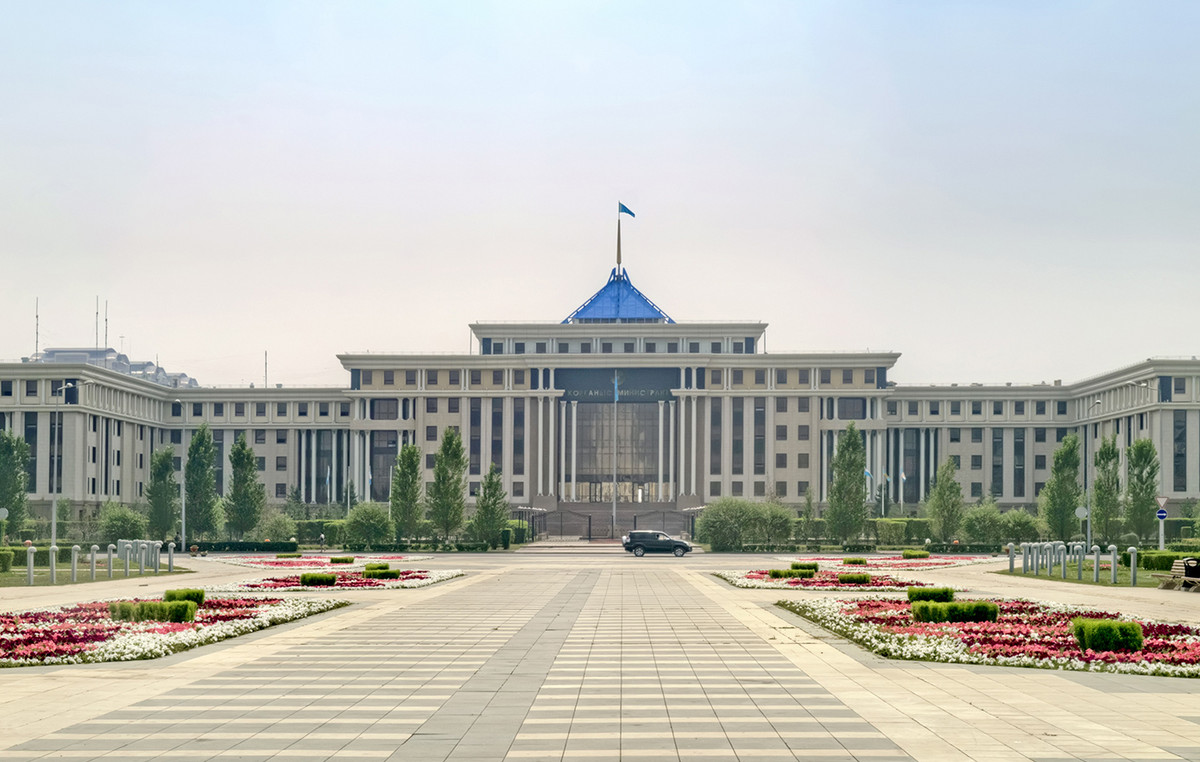The National Health Surveillance Agency (Anvisa) approved, at the end of November, a new indication for the durvalumab an immunotherapy used to treat different cancers. Now the medicine can be used for an aggressive type of lung cancer with the potential to reduce the risk of death by up to 27% of patients after treatment with chemotherapy and radiotherapy.
The new indication is aimed at patients with limited stage small cell lung cancer that is, it remains located in the organ and has not spread to other regions of the body (it has not metastasized). The approval comes in a scenario in which patients with this type of tumor had no new treatment options for 20 years.
Small cell lung cancer is the most aggressive subtype of the disease and evolves rapidly. This type of tumor has a poor prognosis, with only 15% to 30% of patients alive five years after diagnosis.
“This is a type of tumor closely associated with patients who have smoked for a long time and are of advanced age”, explains Guilherme Harada, coordinator of Clinical Research in Oncology at Hospital Sírio-Libanês, to CNN .
“For many years, there was not much progress [no tratamento] in this limited type of cancer, as it has the characteristic of being a more aggressive tumor that responds worse to the therapies we already have. So, for a long time we were unable to move forward until the recent approval of durvalumab in this scenario”, he states.
Immunotherapy increases patient survival
Anvisa’s approval for the new indication of durvalumab was based on the results of the ADRIATIC study phase 3, which evaluated the safety and efficacy of the drug in 730 patients with limited stage small cell lung cancer.
Patients were randomized (randomly divided) to receive a fixed dose of durvalumab 1,500 mg with or without tremelimumab 75 mg every four weeks for up to four doses each, followed by durvalumab every four weeks for up to 24 months. The study evaluated these therapies compared to placebo treatment.
The work showed that 57% of patients treated with durvalumab were alive after three years of follow-up.
“The approval of durvalumab for limited-stage small cell lung cancer represents a milestone in the treatment of these patients with a challenging prognosis, bringing for the first time immunotherapy with significant survival gains,” says Karina Fontão, executive medical director of AstraZeneca Brazil.
How does immunotherapy work?
Durvalumab is an immunotherapy that already has approval for the treatment of other types of cancer, such as extensive small cell lung cancer (which has already metastasized), non-small cell lung cancer, some gastrointestinal cancers, among other indications, as Fontão points out. .
“Immunotherapy blocks a part of our body that prevents our immune system from recognizing cancer. The medicine blocks this non-recognition and our body starts to identify cancer. As a result, the immune system itself begins to fight the tumor”, explains the specialist.
For a tumor to develop, it creates mechanisms to “escape” the immune system, and this is how the body cannot identify the cancer, causing it to evolve, as Harada explains. “Immunotherapy, such as durvalumab, allows the defense system to identify the tumor again. It is as if the therapy removes a shield that protects the tumor from the immune system”, illustrates the specialist.
“The approval of durvalumab for limited-stage small cell lung cancer could transform the challenging landscape of the disease. By significantly increasing the chances of survival and reducing patient mortality rates, the therapy becomes the new standard of treatment for this specific patient profile, representing a milestone and advance in a scenario that has not had new therapeutic resources for years.” , assesses Harada.
Immunotherapy before melanoma surgery reduces risk of recurrence
This content was originally published in Lung cancer: new treatment reduces risk of death by 27% on the CNN Brasil website.
Source: CNN Brasil
I am an experienced journalist and writer with a career in the news industry. My focus is on covering Top News stories for World Stock Market, where I provide comprehensive analysis and commentary on markets around the world. I have expertise in writing both long-form articles and shorter pieces that deliver timely, relevant updates to readers.







